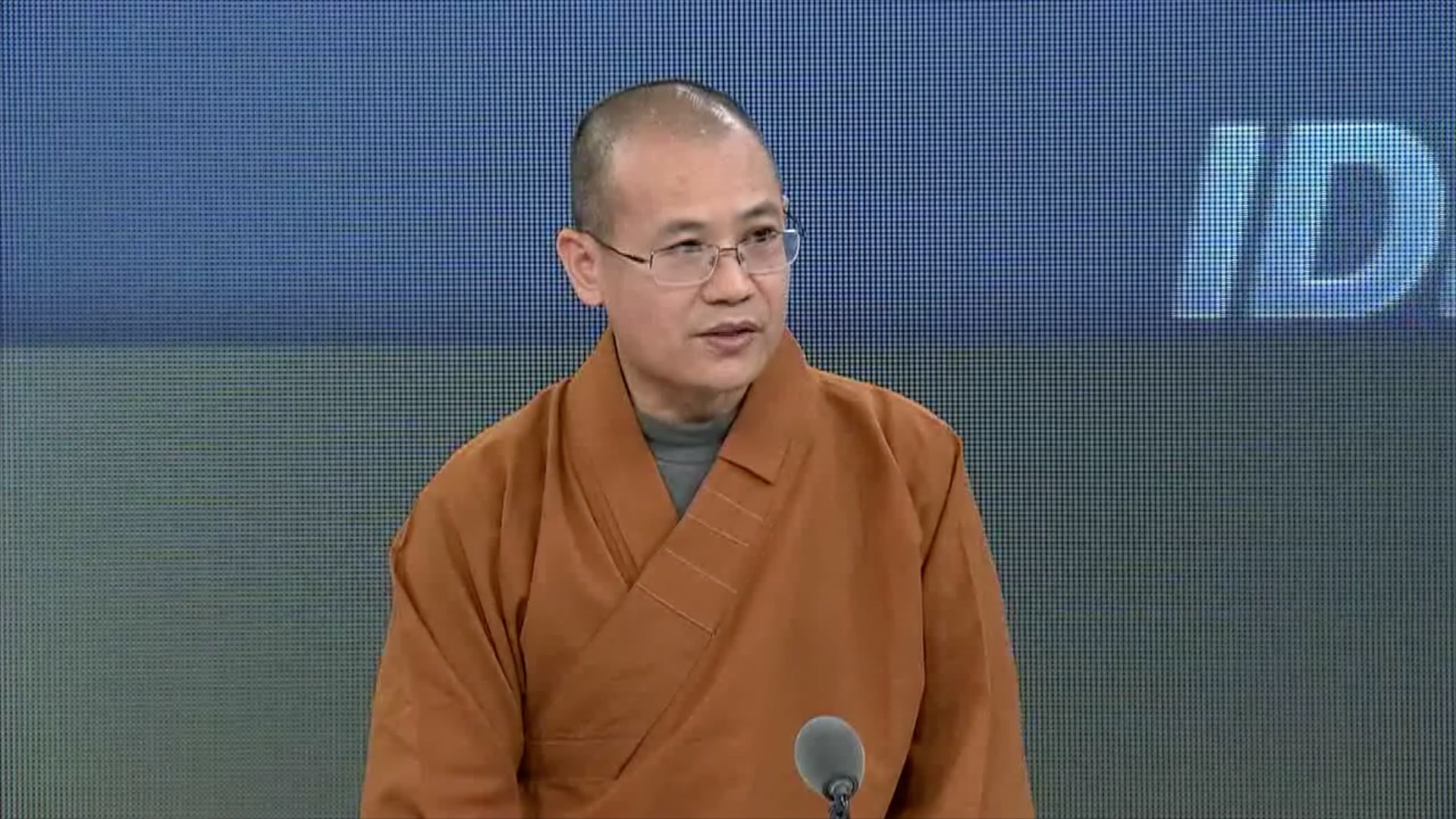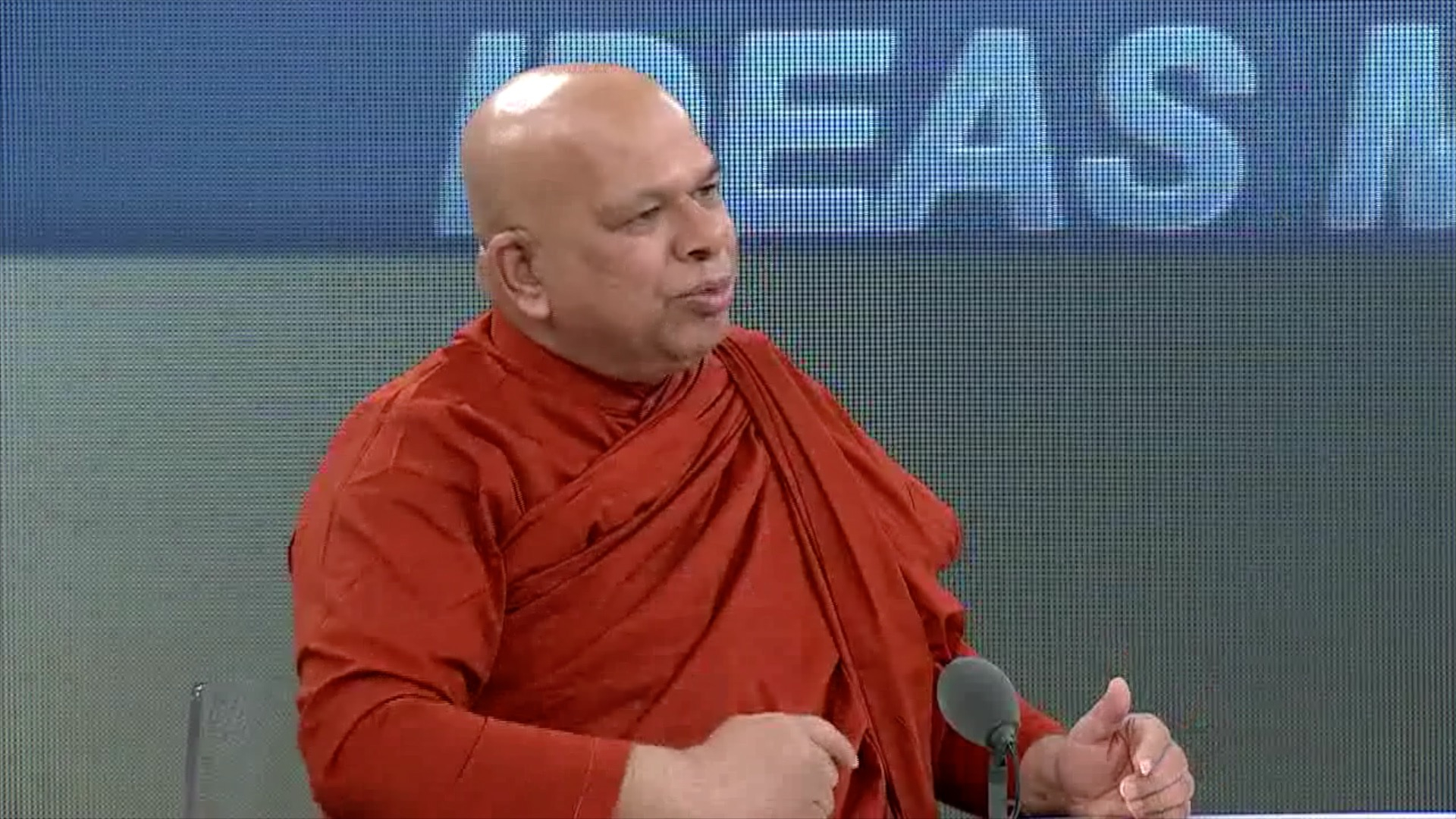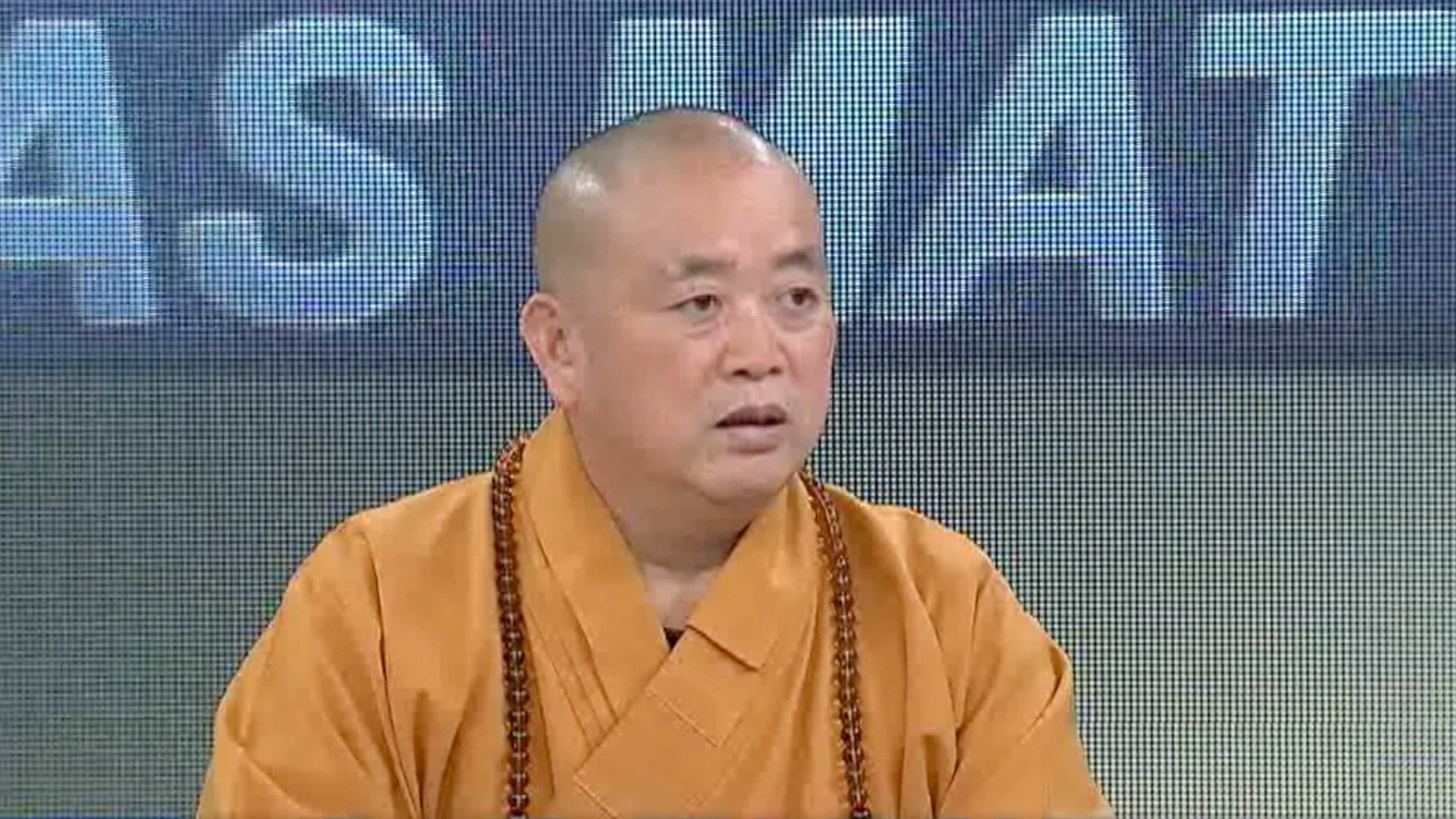
Opinions
22:58, 26-Oct-2018
Analysis: Why the Buddhism has such robust vitality today?
Updated
22:25, 29-Oct-2018
CGTN's Dialogue

Buddhism is one of the world's major religions, and is still thriving after nearly 2,500 years with more than 350 million followers. The religion came to China nearly 2,000 years ago and had experienced dramatic changes during these years, merging with Confucianism and Taoism, becoming the Chinese Buddhism we know well today.
With the 5th World Buddhism Forum set to open in Putian City, east China's Fujian Province, on October 28, “Dialogue with Yang Rui” invited three senior Buddhist monks to discuss Buddhism and its impact on the world.
Bhante Wei Shan, who is a professor in the School of Philosophy at the Renmin University of China, discussed why Buddhism has such vitality, even in the 21st century alongside modern science.
01:06

Bhante Wei Shan thinks that Buddhism's essence is “emptiness,” which is different from other ideologies, making it much easier to integrate with different cultures and evolve with both the advancement of time and the development of society.
However, people sometimes may think that Buddhism holds a negative attitude towards life, since the concept of “emptiness” is equal to loss of the sense of fulfillment and desire and hope.
Bhante Wei Shan said in the program that “emptiness” is not against desire. On the contrary, emptiness itself is no different from desire, they are just like two sides of one coin, depending on what perspective you choose to interpret the issue.
01:24

And Dr. T. Dhammaratana, who is the vice president of the United Nations Day of Vesak and President of the Paris-Linh Son Academy, added that the Buddha is a good economist: instead of discouraging people to be rich, the Buddha encourages people to obtain wealth through their own efforts.
Buddha once said that people should divide their revenue and property into several parts: use one part for daily lives, and invest other two parts and save the fourth part for difficult times. In that case, Buddha does not discourage people to be rich, Buddha encourages people to have enough.
00:29

Bhante Yong Xin, who is the Vice President of the Buddhist Association of China and the abbot of Shaolin Temple, said on the show that the essence of Buddhism has not changed through 2,000 years in terms of Pratityasamutpada and the pursuit of the monks seeking Enlightenment and becoming Buddhas. However, in terms of lifestyles, Buddhism has been sinicized in China.
Now as the world is filled with conflict and confrontation, Buddhism, in terms of a peaceful and wise religion, could provide an alternative way of thinking and ideas to ease the pain, to make the world a better place.
(If you want to contribute and have specific expertise, please contact us at opinions@cgtn.com.)

SITEMAP
Copyright © 2018 CGTN. Beijing ICP prepared NO.16065310-3
Copyright © 2018 CGTN. Beijing ICP prepared NO.16065310-3